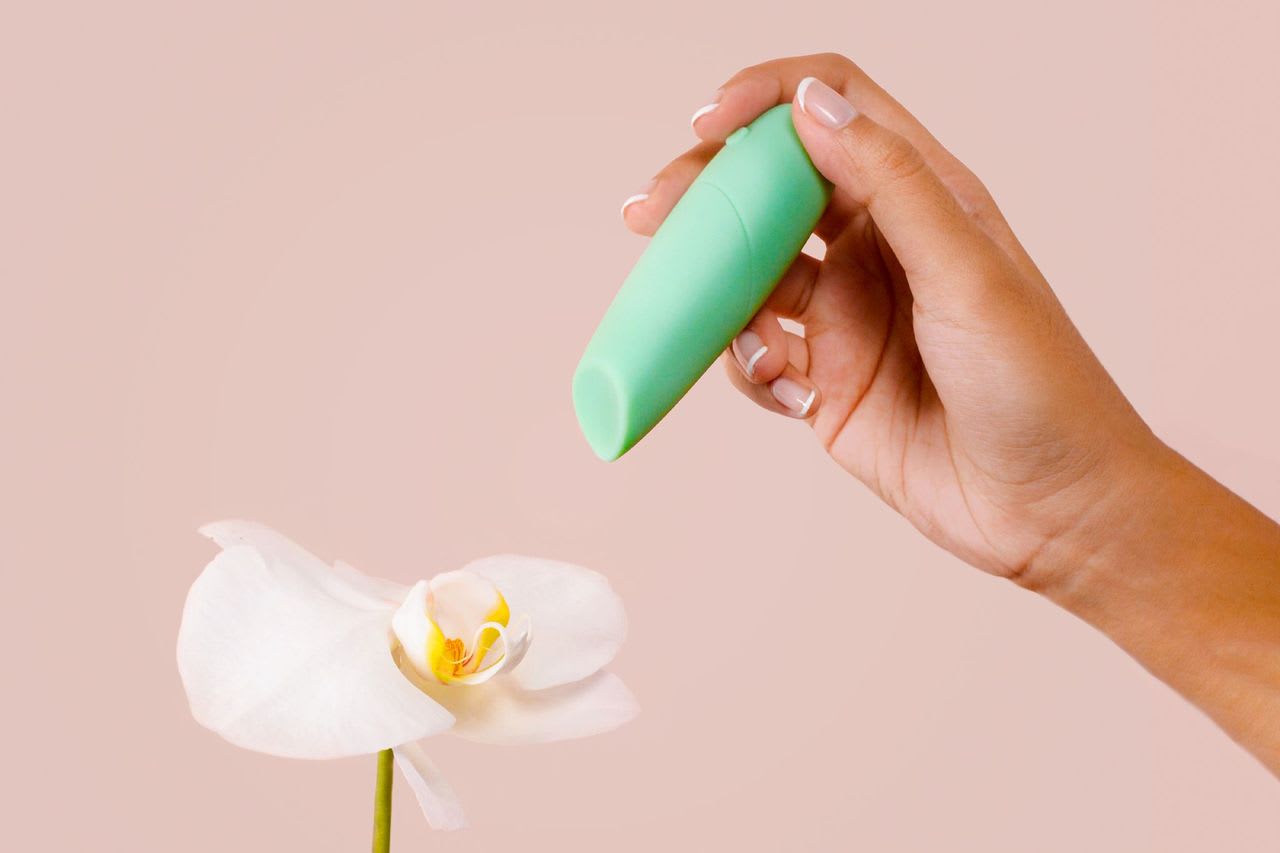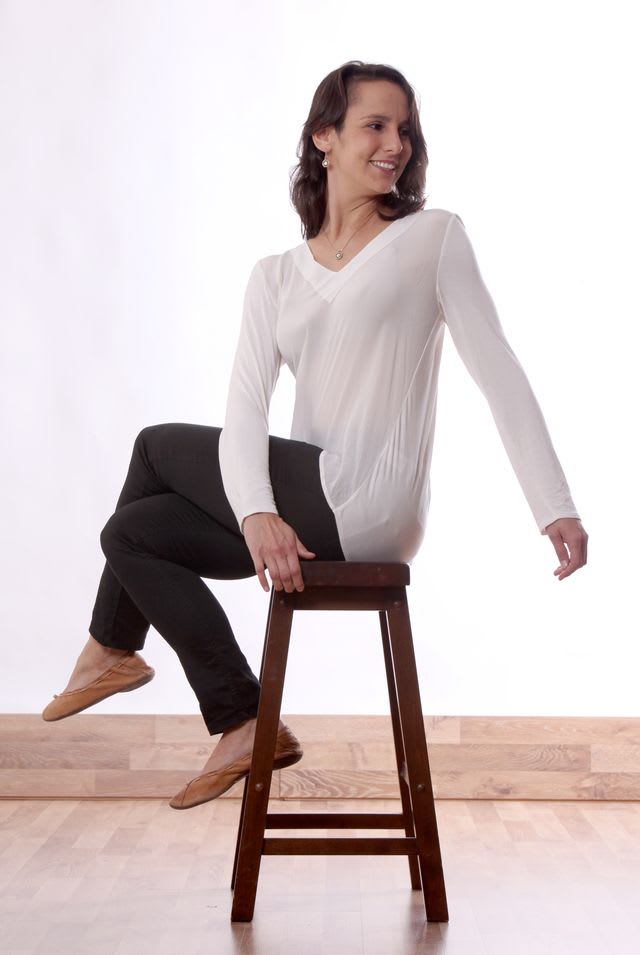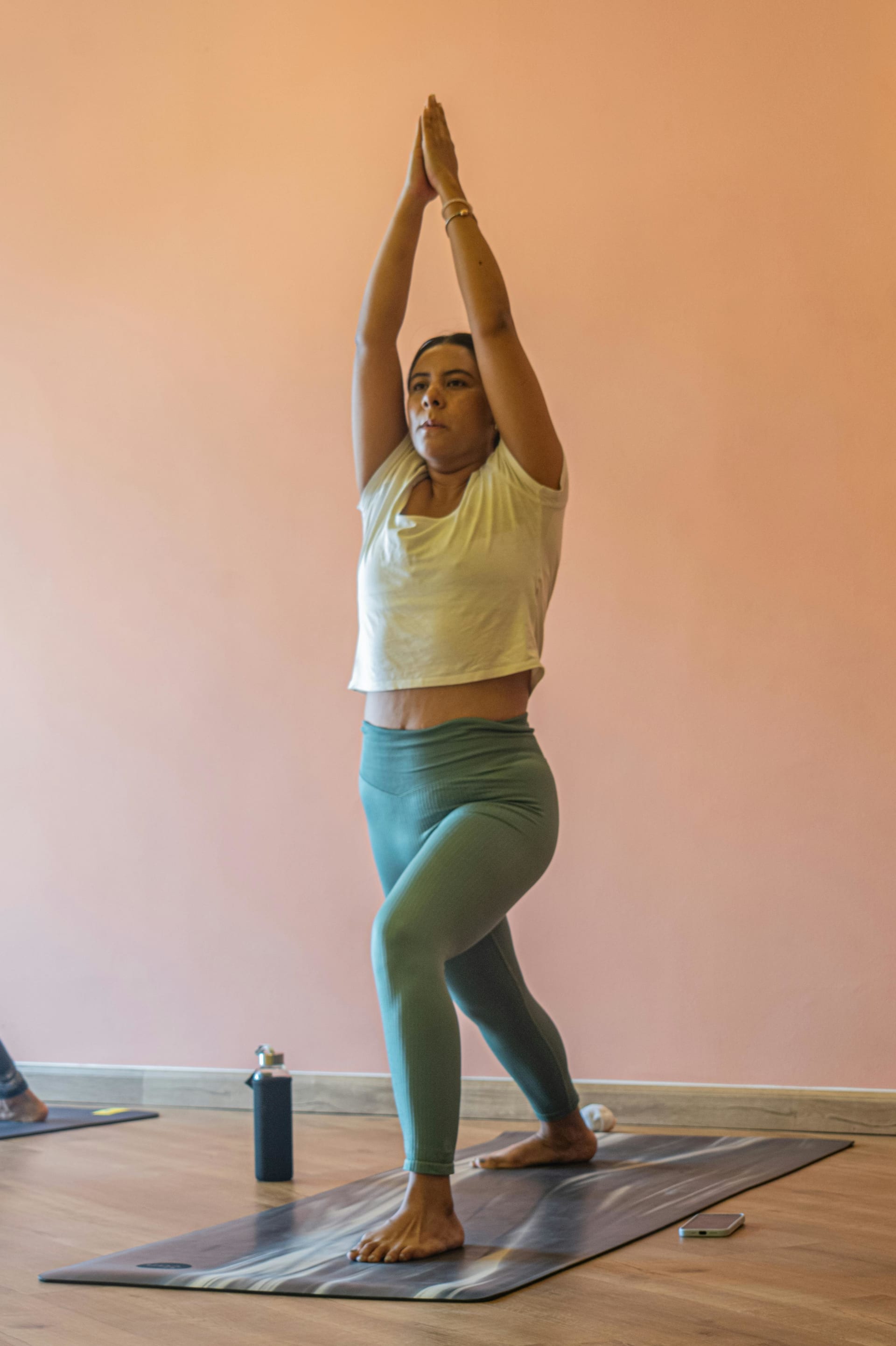Conversations surrounding menopause have increased significantly over the past five years or so, and awareness of its manifold impact is building all the time. However, it is nonetheless true that certain physical factors are still more closely associated – and openly discussed – with this period of women’s lives than others: hot flashes, night sweats and brain fog might be in the headlines, but other factors can be just as disruptive and impact on your health and wellbeing. We’re talking loss of libido, vaginal dryness and low mood.
Samatha Marshall is Head of Brand at Smile Makers, a leading sexual wellness brand which offers a comprehensive range of products designed to enhance pleasure, intimacy and wellbeing. In addition to being the place to shop any number of intriguing, tasteful toys, their website is also an invaluable source of information and voices sharing real-life experience. We were eager to find out some facts on sex and pleasure during the meno-years…

Samantha, how does the body change during and post-menopause?
The menopause is technically just a one-day event. And we’re often not taught about the time before called perimenopause. This happens while a person still menstruates, and it can naturally start in their late 30s. It’s like a run-up to the last period; our body slowing down and regulating itself to prepare for the next stage of life – similar to puberty being a run-up to menarche, the first menstrual bleeding. According to Canadian Endocrinologist, Dr Jerilynn Prior, a person is likely to be perimenopausal if they have three of these nine changes, even if their cycle is regular.
- Heavier flows
- Shorter cycles
- Sore breasts
- Sleep problems
- More period cramps
- Night sweats of hot flashes
- Migraines
- Mood swings
- Weight gain without changes to exercise or diet
Each person in their menopausal years, peri or post, experiences them differently. For example, someone with endometriosis, strong period cramps and so forth might find some relief in menopause, whereas others may experience discomfort and pain they are not used to. The absence of oestrogen in the body can bring about a whole range of physical and emotional changes:
- Hormonal imbalances that impact our mood: feeling irritable, having out-of-character emotional reactions, fatigue, anxiety, or depression.
- Physiological changes: muscle mass loss or weight gain, bone density, vaginal dryness, urinary incontinence.
- Physical stresses: sleeplessness, hot flashes, night sweats, and migraines.
What impact does this have on our sex drive?
The changes and symptoms caused by the fall in hormone production can also impact sex life, but it's worth noting that lots of things affect our experiences of pleasure and sex. And we're here to tell you that pleasure is a lifetime right. We discover ourselves sexually, over and over again –menopause is just one of many times we do that. This perspective, and valuing sexual wellness, gives space to appreciate and understand the body and creates opportunities to fulfill our pleasure potential, always.
That being said, it’s good to be aware of how sex or our experience of pleasure can change. Hormonal imbalance can indirectly impact the loss of desire, but it’s important to acknowledge that various external factors have a greater influence. Routine, stress, and experiencing significant life changes, such as children leaving home or aging parents, can affect our libido, too. Libido, which is our desire or want for sexual experiences, isn't locked in a single gear for life. While biological and hormonal changes associated with menopause can affect libido, other mental and environmental factors such as anxiety, stress, medication, and routine have a role to play, too. It's essential to acknowledge and consider all influences on our sex drive to understand and enhance our pleasure.
Changes in oestrogen levels can lead to vaginal atrophy, a condition in which muscles shrink, resulting in reduced blood flow and nerve supply to the area. This can affect lubrication, the swelling of our pleasure anatomy (such as the labia and clitoris) and the strength of vaginal contractions during orgasm. Consequently, there may be decreased sensations experienced in various ways.
A decrease in natural vaginal lubrication can make physical stimulation uncomfortable; friction is the main cause of painful sex, especially penetrative. Reduced blood circulation to the vaginal, clitoral, and vulva tissues can make them more delicate, which can cause discomfort. I advocate lube throughout life; adding lubricant to any ‘sexperience’ will enhance the pleasure.
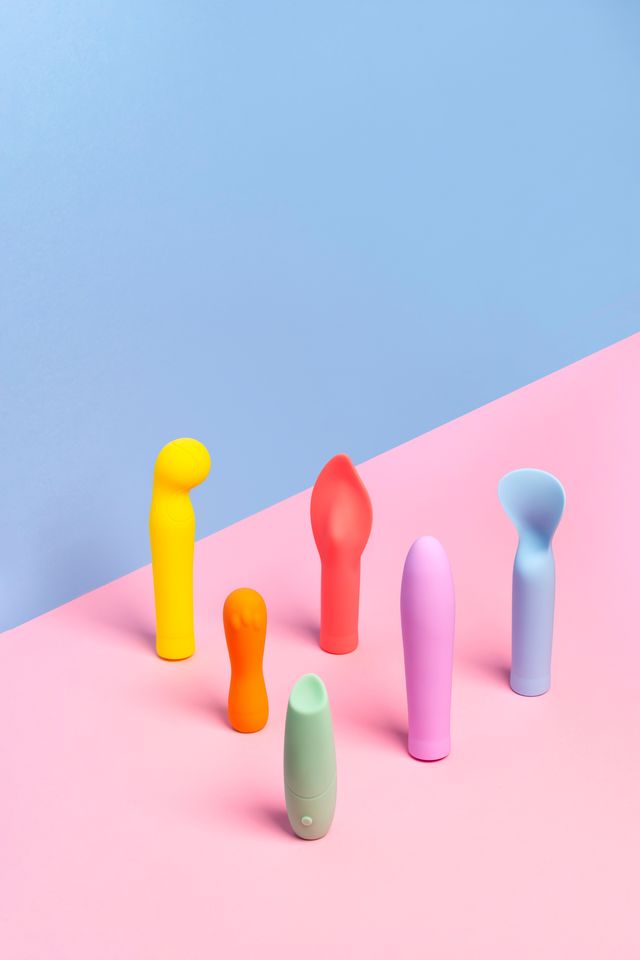
Can you tell us more about the physical and psychological benefits of masturbation?
There are so many benefits of masturbation, including better sleep, stress relief, and boosted mood; things that counteract or balance out the symptoms we may experience during peri or post-menopause. To me, solo sex is a huge life hack that we can harness to look after our well-being and connect with ourselves. At a period of our lives when we may experience so many changes to our body, masturbation encourages us to spend quality time getting to know it again – over and over again, hopefully.
Finally, any tips on overcoming the taboo factor?
One way to overcome the stigma and taboo surrounding masturbation is by breaking free from societal norms and engaging in open conversations about self-pleasure. Free sex ed programs like Vulva Talks* are an opportunity to start discovering your pleasure potential and validate your thoughts and desires. Sharing personal experiences and narratives about masturbation can be a powerful and empowering step towards normalising discussions around self-pleasure and dispelling shame and stigma - and that is exactly what we do at Smile Makers, fostering an environment which values sexual wellness and encourages open communication.
*vulvatalks.teachable.com is run by Smile Makers to educate and inform on all matters to do with female sexual pleasure.
If you’re ‘toying’ with a purchase, Smile Makers have just introduced their Vibes of the Week collection promising an unforgettable seven days of very pleasurable self-discovery. Worth over £265, the set retails at £180.
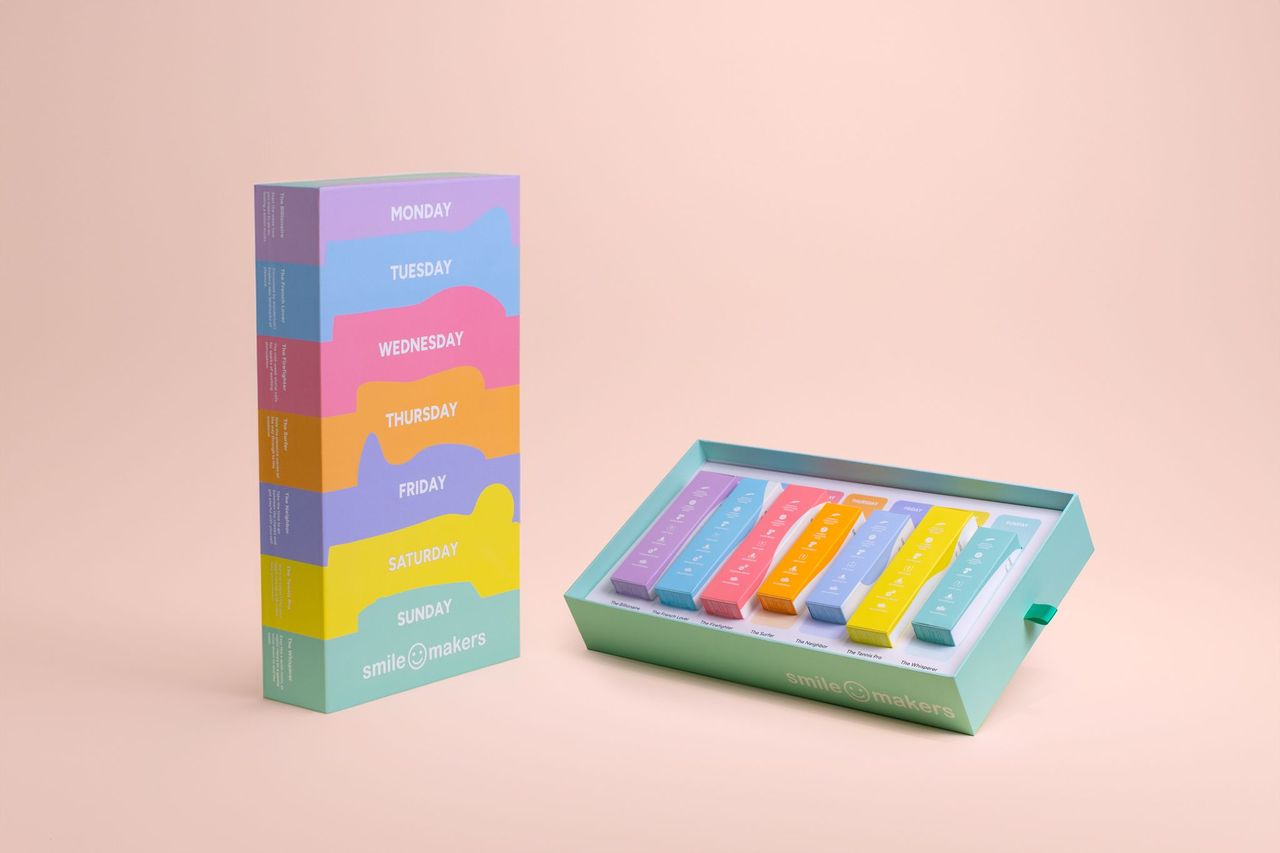
And don’t forget the lube. Vegan-friendly and formatted with the perfect pH for safe internal Smile Makers’ Generous Gel is ideal for anyone experiencing menopause or other diagnoses which impact natural lubrication, including endometriosis. £7.95/60ml.
For more information and to explore their thoughtfully designed pleasure range, visit smilemakerscollection.com

